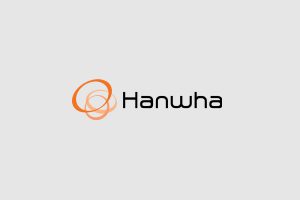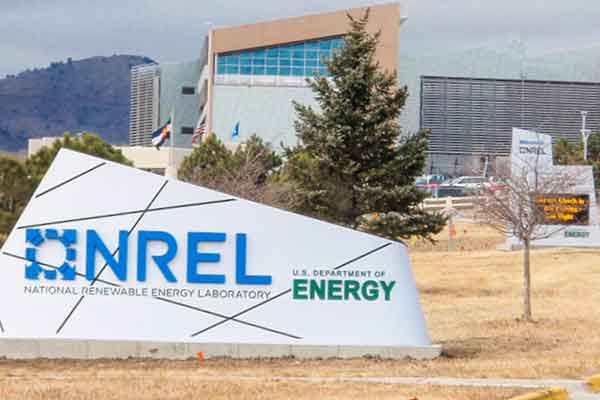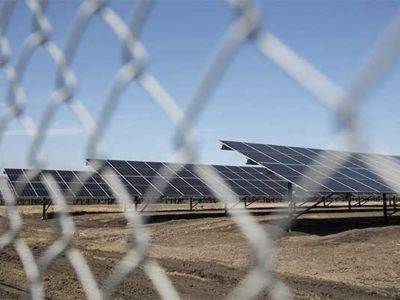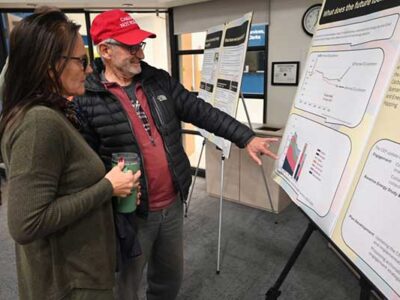The board of REC Silicon ASA has signaled it has no viable path left to counter a contentious buyout offer from its largest shareholder, South Korea’s Hanwha Group.

Hanwha Q CELLS Co., Ltd. is a manufacturer of photovoltaic solar cells with its headquarters in Seoul, South Korea, and technology and innovation centers in Thalheim, Germany.
Despite calling the NOK 2.20-per-share offer “undervalued,” board members say they are unable to secure alternative financing or strategic options—due largely to legal constraints and Hanwha’s financial leverage over the struggling Norwegian silicon producer.
The bid, which values REC Silicon at approximately NOK 925 million (USD 91.3 million), was launched in April following Hanwha’s termination of a key polysilicon supply agreement with the company.
That decision, cited as commercially driven, forced REC Silicon to shut its Moses Lake facility in Washington and triggered a deeper financial crisis.
Hanwha then extended a $40 million loan to support the company—conditional on the success of its takeover offer.
Minority Shareholders
Opposition to the deal peaked in June when minority investors, led by U.S.-based Water Street Capital, successfully removed Hanwha-linked board members.
The reshaped board, however, has now admitted it cannot pursue other funding options. Most of REC’s assets are tied up as collateral, making it nearly impossible to raise new capital.
Hanwha, which already owns a third of REC Silicon, needs over 90% of shares for the offer to succeed. As of late June, it had secured commitments for about 41.5%.
Insight: A Reluctant Surrender
The board’s latest statement reveals an uncomfortable truth: REC Silicon is in a precarious position. Without Hanwha’s financial support, the company faces insolvency. And with Hanwha refusing to improve its offer—or provide additional loans unless the deal is finalized—the board sees no other option.
What began as a hostile takeover battle now appears destined to end in reluctant capitulation. For investors hoping to preserve independent value, this may be the end of the road.














Comments